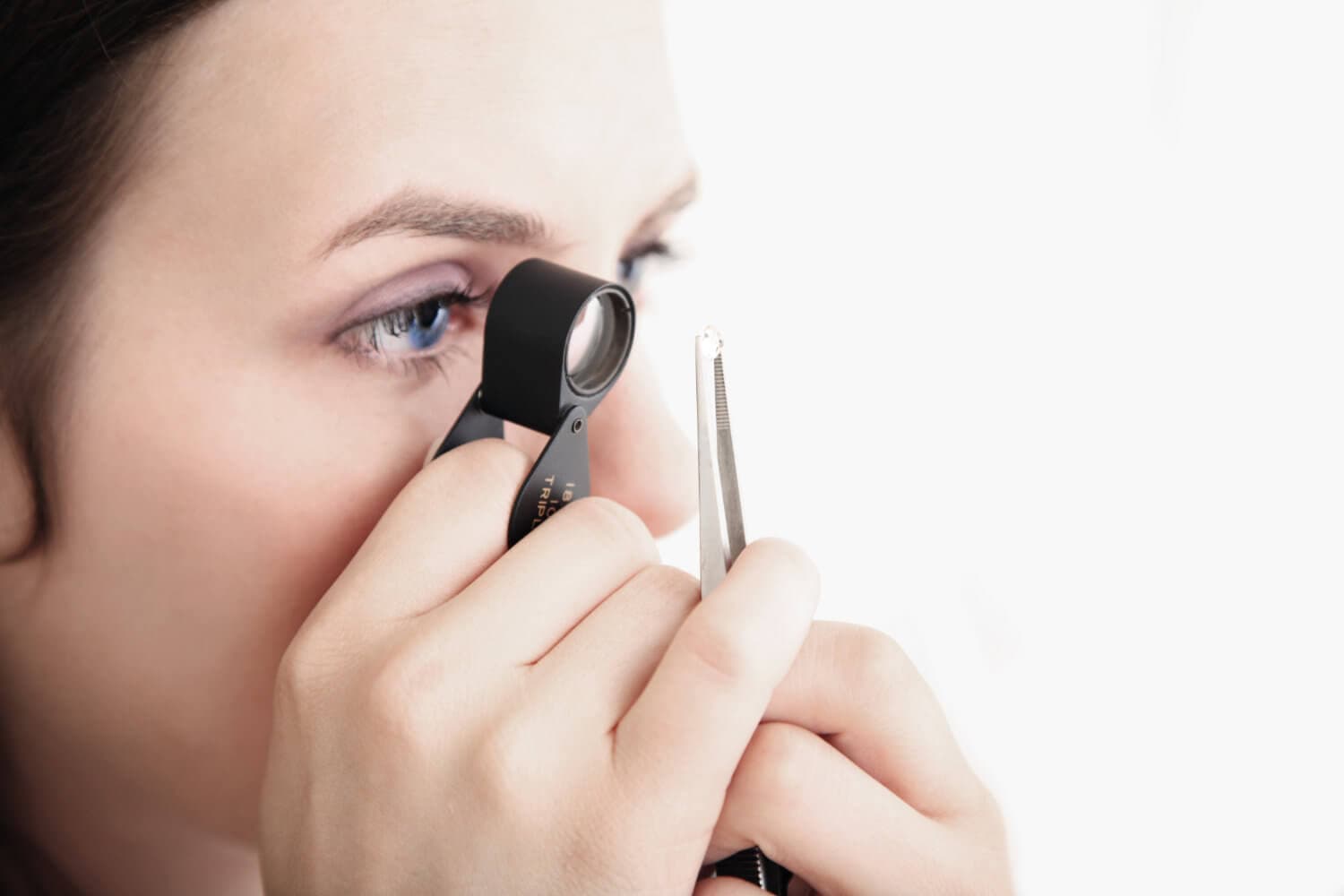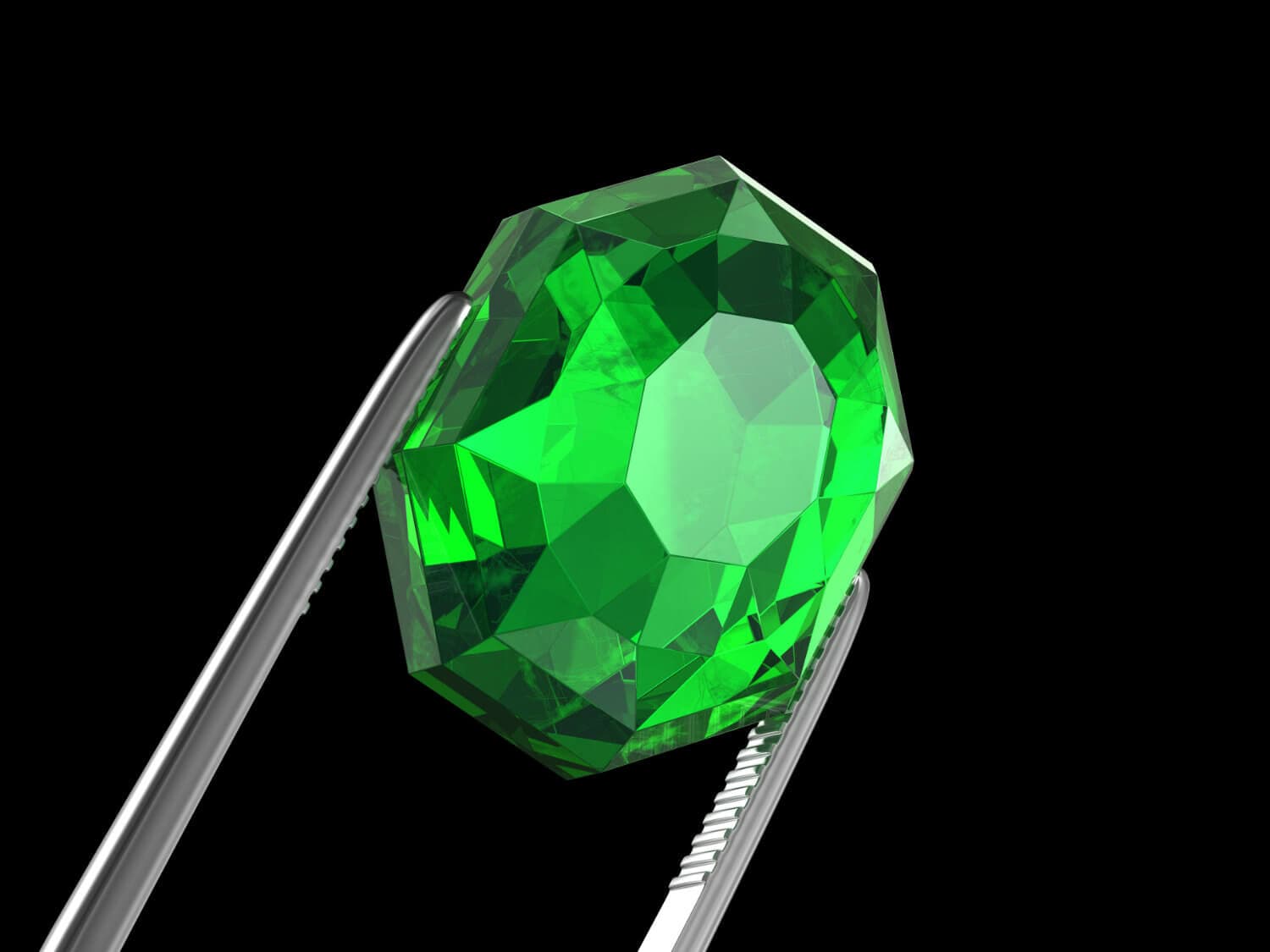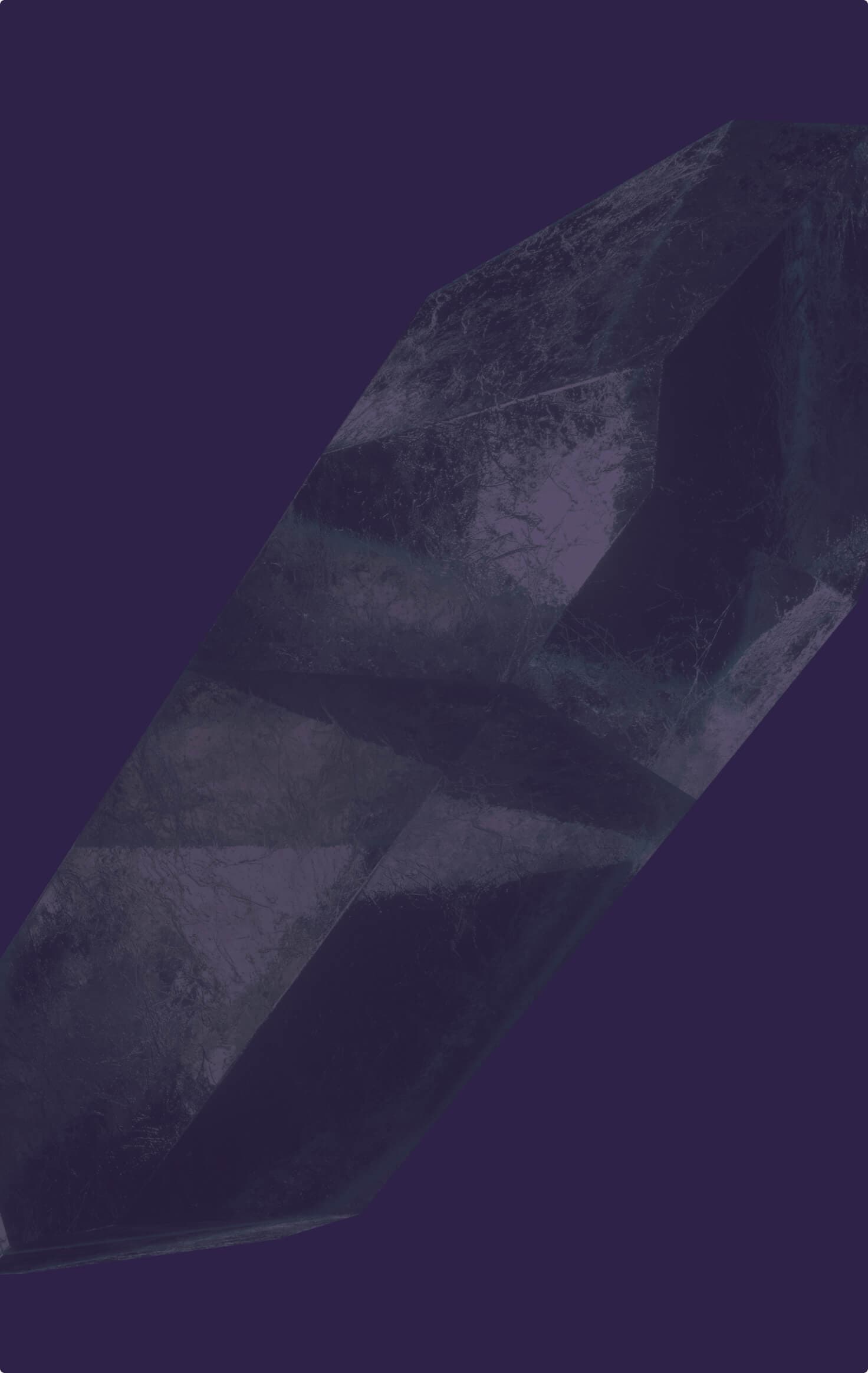Gem Junior Course
Colors – Optional Activity
Colors Experiment – Kitchen Rainbow Lab
Introduction
What are you doing?
You’re exploring how light splits into component colors when it passes through transparent materials, recreating the same optical effects that make gemstones sparkle and show brilliant colors.
What does it show?
This experiment demonstrates the physics of light refraction and dispersion – the same phenomena that create a gemstone’s “fire” (rainbow flashes) and “brilliance” (white light reflection).
Why is this important?
Understanding light behavior is essential to gemology because a gemstone’s beauty comes from how it interacts with light. The way light bends, splits, and reflects inside a cut gemstone determines its value and appeal. Professional gem cutters use these optical principles to design cuts that maximize a stone’s natural beauty.
Materials Needed
Light Splitting Tools:
- Old CDs or DVDs
- Clear rectangular plastic container
- Garden hose with spray nozzle
- Clear drinking glasses
- Bright flashlight or laser pointer
- White paper or wall surface
Documentation Materials:
- Colored pencils
- Lab notebook
- Camera (optional)
- Protractor for measuring angles
Safety Requirements
- Never look directly into bright lights or lasers
- Adult supervision when using garden hose
- Handle glass containers carefully
- Work in area where water spills are acceptable
Step-by-Step Instructions
Phase 1:
…
Never Stop Learning
When you join the IGS community, you get trusted diamond & gemstone information when you need it.

